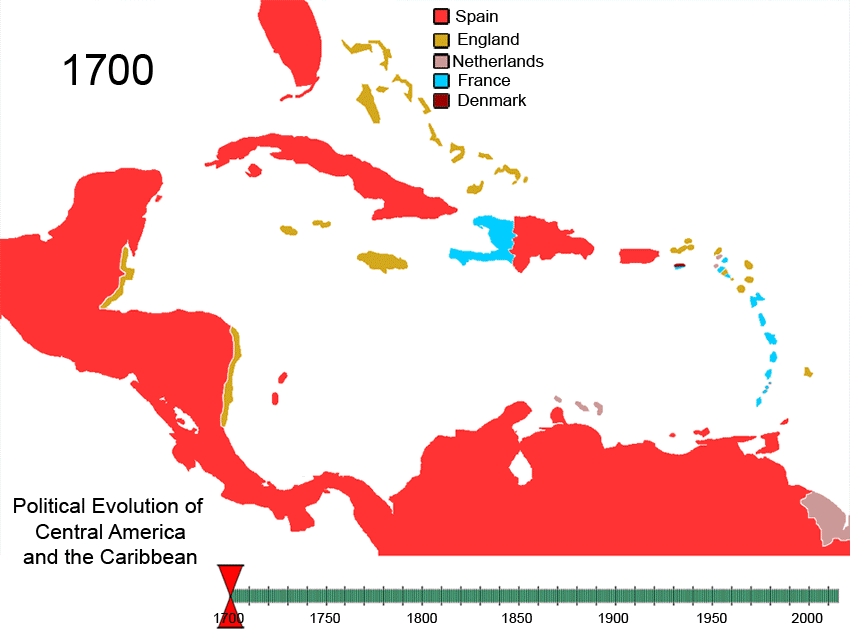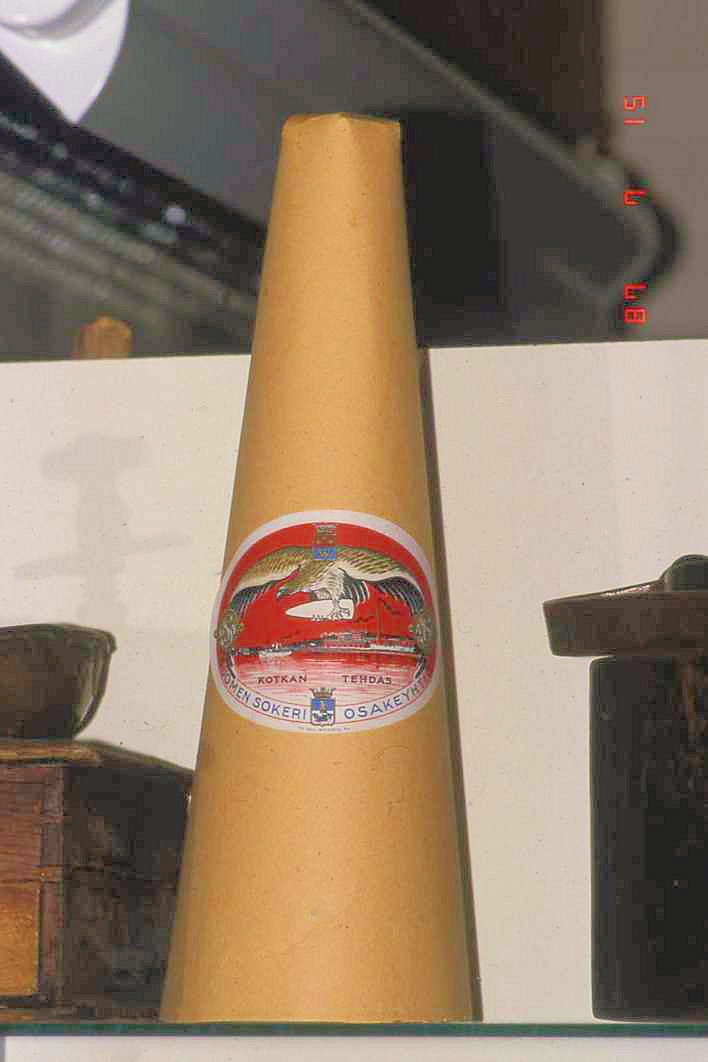|
African Origins
The African Origins project is a database run by researchers at Emory University, Georgia, United States, which aims to document all the known facts about the African diaspora, including all documentary material pertaining to the transatlantic slave trade. It is a sister project to Voyages: The Trans-Atlantic Slave Trade Database. References External links * African diaspora Databases African slave trade European colonization of the Americas European colonisation in Africa Early Modern period Forced migration History of sugar Slave trade Slavery and enslavement are both the state and the condition of being a slave—someone forbidden to quit one's service for an enslaver, and who is treated by the enslaver as property. Slavery typically involves slaves being made to perf ... History of the Caribbean Slavery in North America Slavery in South America Slavery in the British Empire Slavery in the United States Trade routes {{website-stub ... [...More Info...] [...Related Items...] OR: [Wikipedia] [Google] [Baidu] |
Emory University
Emory University is a private research university in Atlanta, Georgia. Founded in 1836 as "Emory College" by the Methodist Episcopal Church and named in honor of Methodist bishop John Emory, Emory is the second-oldest private institution of higher education in Georgia. Emory University has nine academic divisions: Emory College of Arts and Sciences, Oxford College, Goizueta Business School, Laney Graduate School, School of Law, School of Medicine, Nell Hodgson Woodruff School of Nursing, Rollins School of Public Health, and the Candler School of Theology. Emory University, the Georgia Institute of Technology, and Peking University in Beijing, China jointly administer the Wallace H. Coulter Department of Biomedical Engineering. The university operates the Confucius Institute in Atlanta in partnership with Nanjing University. Emory has a growing faculty research partnership with the Korea Advanced Institute of Science and Technology (KAIST). Emory University students ... [...More Info...] [...Related Items...] OR: [Wikipedia] [Google] [Baidu] |
Forced Migration
Forced displacement (also forced migration) is an involuntary or coerced movement of a person or people away from their home or home region. The UNHCR defines 'forced displacement' as follows: displaced "as a result of persecution, conflict, generalized violence or human rights violations". A forcibly displaced person may also be referred to as a "forced migrant", a "displaced person" (DP), or, if displaced within the home country, an "internally displaced person" (IDP). While some displaced persons may be considered as refugees, the latter term specifically refers to such displaced persons who are receiving legally-defined protection and are recognized as such by their country of residence and/or international organizations. Forced displacement has gained attention in international discussions and policy making since the European migrant crisis. This has since resulted in a greater consideration of the impacts of forced migration on affected regions outside Europe. Various i ... [...More Info...] [...Related Items...] OR: [Wikipedia] [Google] [Baidu] |
Slavery In The British Empire
Slavery in Britain existed before the Roman occupation and until the 11th century, when the Norman conquest of England resulted in the gradual merger of the pre-conquest institution of slavery into serfdom, and all slaves were no longer recognised separately in English law or custom. By the middle of the 12th century, the institution of slavery as it had existed prior to the Norman conquest had fully disappeared, but other forms of unfree servitude continued for some centuries. British merchants were a significant force behind the Atlantic slave trade between the sixteenth and nineteenth centuries, but no legislation was ever passed in England that legalised slavery. In the Somerset case of 1772, Lord Mansfield ruled that, as slavery was not recognised by English law, James Somerset, a slave who had been brought to England and then escaped, could not be forcibly sent to Jamaica for sale, and he was set free. In Scotland colliery slaves were still in use until 1799 where an act w ... [...More Info...] [...Related Items...] OR: [Wikipedia] [Google] [Baidu] |
Slavery In South America
South America is a continent entirely in the Western Hemisphere and mostly in the Southern Hemisphere, with a relatively small portion in the Northern Hemisphere at the northern tip of the continent. It can also be described as the southern subregion of a single continent called America. South America is bordered on the west by the Pacific Ocean and on the north and east by the Atlantic Ocean; North America and the Caribbean Sea lie to the northwest. The continent generally includes twelve sovereign states: Argentina, Bolivia, Brazil, Chile, Colombia, Ecuador, Guyana, Paraguay, Peru, Suriname, Uruguay, and Venezuela; two dependent territories: the Falkland Islands and South Georgia and the South Sandwich Islands; and one internal territory: French Guiana. In addition, the ABC islands of the Kingdom of the Netherlands, Ascension Island (dependency of Saint Helena, Ascension and Tristan da Cunha, a British Overseas Territory), Bouvet Island ( dependency of Norway), Pana ... [...More Info...] [...Related Items...] OR: [Wikipedia] [Google] [Baidu] |
Slavery In North America
The history of slavery spans many cultures, nationalities, and religions from ancient times to the present day. Likewise, its victims have come from many different ethnicities and religious groups. The social, economic, and legal positions of enslaved people have differed vastly in different systems of slavery in different times and places. Slavery has been found in some hunter-gatherer populations, particularly as hereditary slavery, but the conditions of agriculture with increasing social and economic complexity offer greater opportunity for mass chattel slavery. Slavery was already institutionalized by the time the first civilizations emerged (such as Sumer in Mesopotamia, which dates back as far as 3500 BC). Slavery features in the Mesopotamian ''Code of Hammurabi'' (c. 1750 BC), which refers to it as an established institution. Slavery was widespread in the ancient world in Europe, Asia, Middle East, and Africa. It became less common throughout Europe during the Early Middle ... [...More Info...] [...Related Items...] OR: [Wikipedia] [Google] [Baidu] |
History Of The Caribbean
The history of the Caribbean reveals the significant role the region played in the colonial struggles of the European powers since the 15th century. In 1492, Christopher Columbus landed in the Caribbean and claimed the region for Spain. The following year, the first Spanish settlements were established in the Caribbean. Although the Spanish conquests of the Aztec empire and the Inca empire in the early sixteenth century made Mexico and Peru more desirable places for Spanish exploration and settlement, the Caribbean remained strategically important. From the 1620s and 1630s onwards, non-Hispanic privateers, traders, and settlers established permanent colonies and trading posts on the Caribbean islands neglected by Spain. Such colonies spread throughout the Caribbean, from the Bahamas in the North West to Tobago in the South East. Furthermore, during this period, French and English buccaneers settled on the island of Tortuga, the northern and western coasts of Hispaniola ( Haiti ... [...More Info...] [...Related Items...] OR: [Wikipedia] [Google] [Baidu] |
History Of The Atlantic Ocean
History (derived ) is the systematic study and the documentation of the human activity. The time period of event before the invention of writing systems is considered prehistory. "History" is an umbrella term comprising past events as well as the memory, discovery, collection, organization, presentation, and interpretation of these events. Historians seek knowledge of the past using historical sources such as written documents, oral accounts, art and material artifacts, and ecological markers. History is not complete and still has debatable mysteries. History is also an academic discipline which uses narrative to describe, examine, question, and analyze past events, and investigate their patterns of cause and effect. Historians often debate which narrative best explains an event, as well as the significance of different causes and effects. Historians also debate the nature of history as an end in itself, as well as its usefulness to give perspective on the problems of the p ... [...More Info...] [...Related Items...] OR: [Wikipedia] [Google] [Baidu] |
History Of Sugar
Sugar was first produced from sugarcane plants in India sometime after the first century AD. The derivation of the word "sugar" is thought to be from Sanskrit (''śarkarā''), meaning "ground or candied sugar," originally "grit, gravel". Sanskrit literature from ancient India, written between 1500 - 500 BC provides the first documentation of the cultivation of sugar cane and of the manufacture of sugar in the Bengal region of the Indian subcontinent. The history of sugar has five main phases: # The extraction of sugar cane juice from the sugarcane plant, and the subsequent domestication of the plant in tropical India and Southeast Asia sometime around 4,000 BC. # The invention of manufacture of cane sugar granules from sugarcane juice in India a little over two thousand years ago, followed by improvements in refining the crystal granules in India in the early centuries AD. # The spread of cultivation and manufacture of cane sugar to the medieval Islamic world together with som ... [...More Info...] [...Related Items...] OR: [Wikipedia] [Google] [Baidu] |
Georgia (U
Georgia most commonly refers to: * Georgia (country), a country in the Caucasus region of Eurasia * Georgia (U.S. state), a state in the Southeast United States Georgia may also refer to: Places Historical states and entities * Related to the country in the Caucasus ** Kingdom of Georgia, a medieval kingdom ** Georgia within the Russian Empire ** Democratic Republic of Georgia, established following the Russian Revolution ** Georgian Soviet Socialist Republic, a constituent of the Soviet Union * Related to the US state ** Province of Georgia, one of the thirteen American colonies established by Great Britain in what became the United States ** Georgia in the American Civil War, the State of Georgia within the Confederate States of America. Other places * 359 Georgia, an asteroid * New Georgia, Solomon Islands * South Georgia and the South Sandwich Islands Canada * Georgia Street, in Vancouver, British Columbia, Canada * Strait of Georgia, British Columbia, Canada United K ... [...More Info...] [...Related Items...] OR: [Wikipedia] [Google] [Baidu] |
European Colonisation In Africa
European, or Europeans, or Europeneans, may refer to: In general * ''European'', an adjective referring to something of, from, or related to Europe ** Ethnic groups in Europe ** Demographics of Europe ** European cuisine, the cuisines of Europe and other Western countries * ''European'', an adjective referring to something of, from, or related to the European Union ** Citizenship of the European Union ** Demographics of the European Union In publishing * ''The European'' (1953 magazine), a far-right cultural and political magazine published 1953–1959 * ''The European'' (newspaper), a British weekly newspaper published 1990–1998 * ''The European'' (2009 magazine), a German magazine first published in September 2009 *''The European Magazine'', a magazine published in London 1782–1826 *''The New European'', a British weekly pop-up newspaper first published in July 2016 Other uses * * Europeans (band), a British post-punk group, from Bristol See also * * * Europe (disambi ... [...More Info...] [...Related Items...] OR: [Wikipedia] [Google] [Baidu] |
European Colonization Of The Americas
During the Age of Discovery, a large scale European colonization of the Americas took place between about 1492 and 1800. Although the Norse had explored and colonized areas of the North Atlantic, colonizing Greenland and creating a short term settlement near the northern tip of Newfoundland circa 1000 CE, the later and more well-known wave by the European powers is what formally constitutes as beginning of colonization, involving the continents of North America and South America. During this time, several empires from Europe—primarily Britain, France, Spain, Portugal, Russia, the Netherlands and Sweden—began to explore and claim the land, natural resources and human capital of the Americas, resulting in the displacement, disestablishment, enslavement, and in many cases, genocide of the indigenous peoples, and the establishment of several settler colonial states. Some formerly European settler colonies—including New Mexico, Alaska, the Prairies or northern Grea ... [...More Info...] [...Related Items...] OR: [Wikipedia] [Google] [Baidu] |






.jpg)

